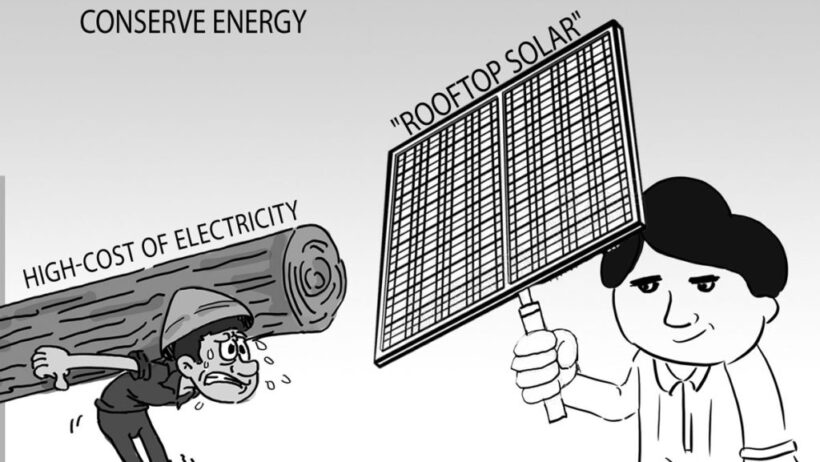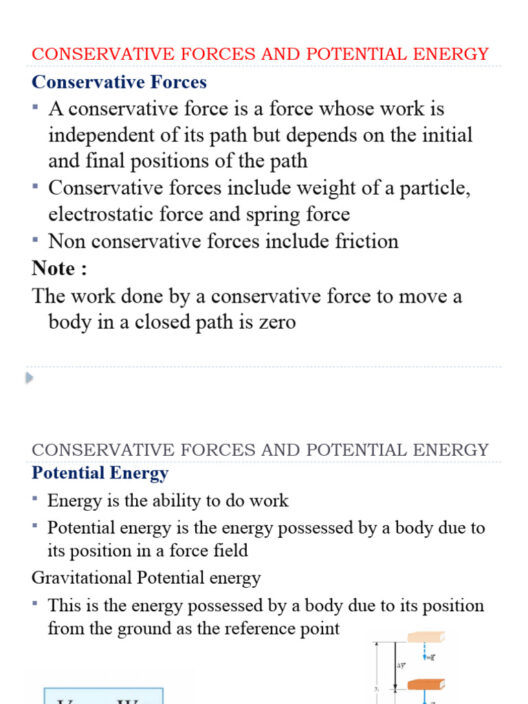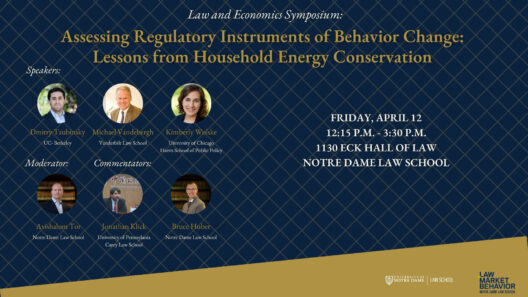Energy conservation is an indispensable practice that not only ensures the sustainability of our planet but also promotes an array of socio-economic benefits. As societies encounter the tangible repercussions of climate change, it becomes imperative to interrogate the relationship between energy conservation and its ramifications for both the environment and human society. This exploration reveals that energy conservation can foster a paradigm shift, inciting curiosity about the mechanisms through which energy savings coalesce into profound societal and ecological advancements.
At the outset, it is essential to delineate the primary effects of energy conservation on the environment. The most salient benefit pertains to the diminution of greenhouse gas emissions. By reducing energy consumption, particularly through the utilization of renewable sources such as solar, wind, and hydropower, societies can significantly lower their carbon footprint. This transition not only curtails the detrimental impacts of fossil fuels—an underpinning of climate change—but also enhances air quality. Improved air quality, in turn, leads to better health outcomes for populations, reducing healthcare costs and augmenting overall well-being.
Furthermore, energy conservation plays a critical role in preserving ecosystems. Protecting biodiversity is a pressing concern as climate change exacerbates habitat destruction. For instance, decreasing reliance on fossil fuels mitigates the threat to delicate ecosystems, allowing flora and fauna to thrive in their natural habitats. This ripple effect illustrates how energy conservation fosters a symbiotic relationship between human activities and ecological integrity, transcending conventional notions of environmentalism.
Moreover, energy conservation can substantially stimulate economic growth. The adoption of energy-efficient technologies often requires innovative solutions and a skilled workforce. This demand can engender job creation across various sectors, notably in manufacturing, installation, and maintenance of energy-efficient appliances and infrastructure. The renewable energy sector has already demonstrated this potential, illustrating that the pursuit of energy conservation can bolster economies, particularly in regions historically reliant on fossil fuel industries.
In addition, energy conservation promotes energy security, a critical facet of national security and economic stability. By reducing energy dependency, nations can diminish their vulnerability to geopolitical tensions and economic fluctuations associated with fossil fuel markets. This shift not only fortifies domestic energy strategies but also engenders a sense of autonomy. When communities harness local renewable resources, they become resilient against external shocks, enhancing their ability to navigate an uncertain global landscape.
As we delve deeper into the societal implications of energy conservation, we encounter the lingering question of consumer behavior. Energy conservation initiatives can lead to a profound shift in public consciousness. When individuals adopt energy-saving practices—such as using energy-efficient appliances, insulating homes, or advocating for sustainable transportation—there emerges a collective ethos centered on environmental stewardship.
This burgeoning consciousness fosters an increased demand for corporate responsibility. Consumers are more inclined to patronize businesses that prioritize sustainable practices, incentivizing companies to innovate and adopt more eco-friendly strategies. This symbiotic relationship between consumers and businesses catalyzes a broader cultural shift toward sustainability, as corporations recognize that their success hinges on their commitment to environmental conservation.
Education also plays an indispensable role in amplifying the positive effects of energy conservation. By integrating sustainability into educational curricula, younger generations can cultivate an awareness of environmental issues and energy efficiency from an early age. This inculcation encourages a future generation that prioritizes sustainable practices, creating a virtuous cycle of conservation-driven initiatives.
As curiosity deepens regarding energy conservation, it becomes pertinent to acknowledge the innovative technologies that facilitate this transition. Smart grids, energy management systems, and advancements in storage technology are revolutionizing how energy is consumed and managed. These systems not only enhance efficiency but also allow for real-time adjustments that further optimize energy use. The capacity to monitor and manage energy consumption heralds a new era of informed decision-making and strategic resource allocation.
However, the integration of energy conservation efforts within societal frameworks is not without challenges. Engendering a widespread shift in behaviors necessitates the dismantling of ingrained habits and cultural norms around energy consumption. Policymakers must engage in diligent advocacy and education to bridge these gaps, emphasizing the long-term benefits of energy conservation over immediate conveniences.
In conclusion, the effects of energy conservation resonate deeply within both societal structures and the planet’s ecological balance. With the potential to alleviate the burdens of climate change, bolster economies, create jobs, and foster a more enlightened consumer ethos, energy conservation serves as a formidable catalyst for change. This transformative journey requires collective effort, innovative thinking, and an unwavering commitment to sustainability. As society progressively embraces energy conservation, it must remain curious and proactive, continually seeking innovative solutions that promise a brighter, greener future for all.








